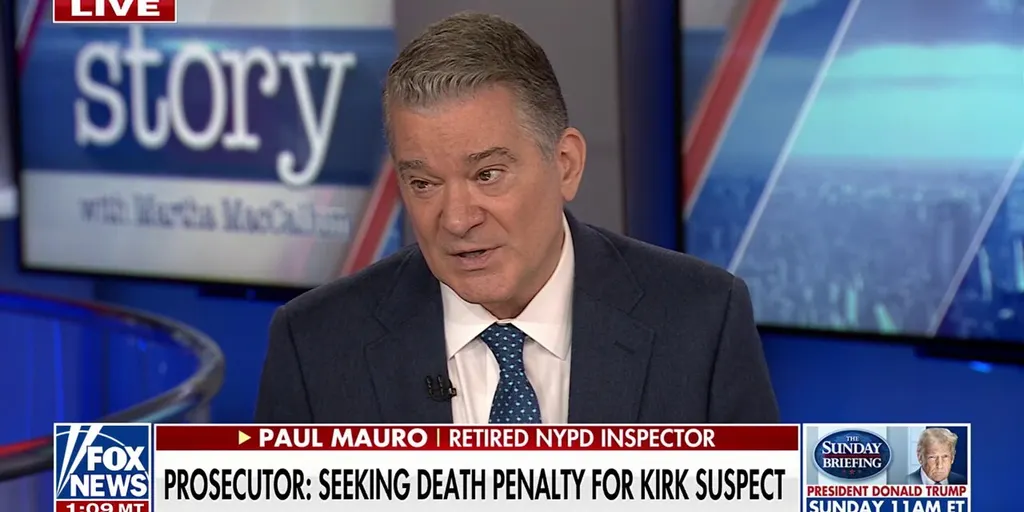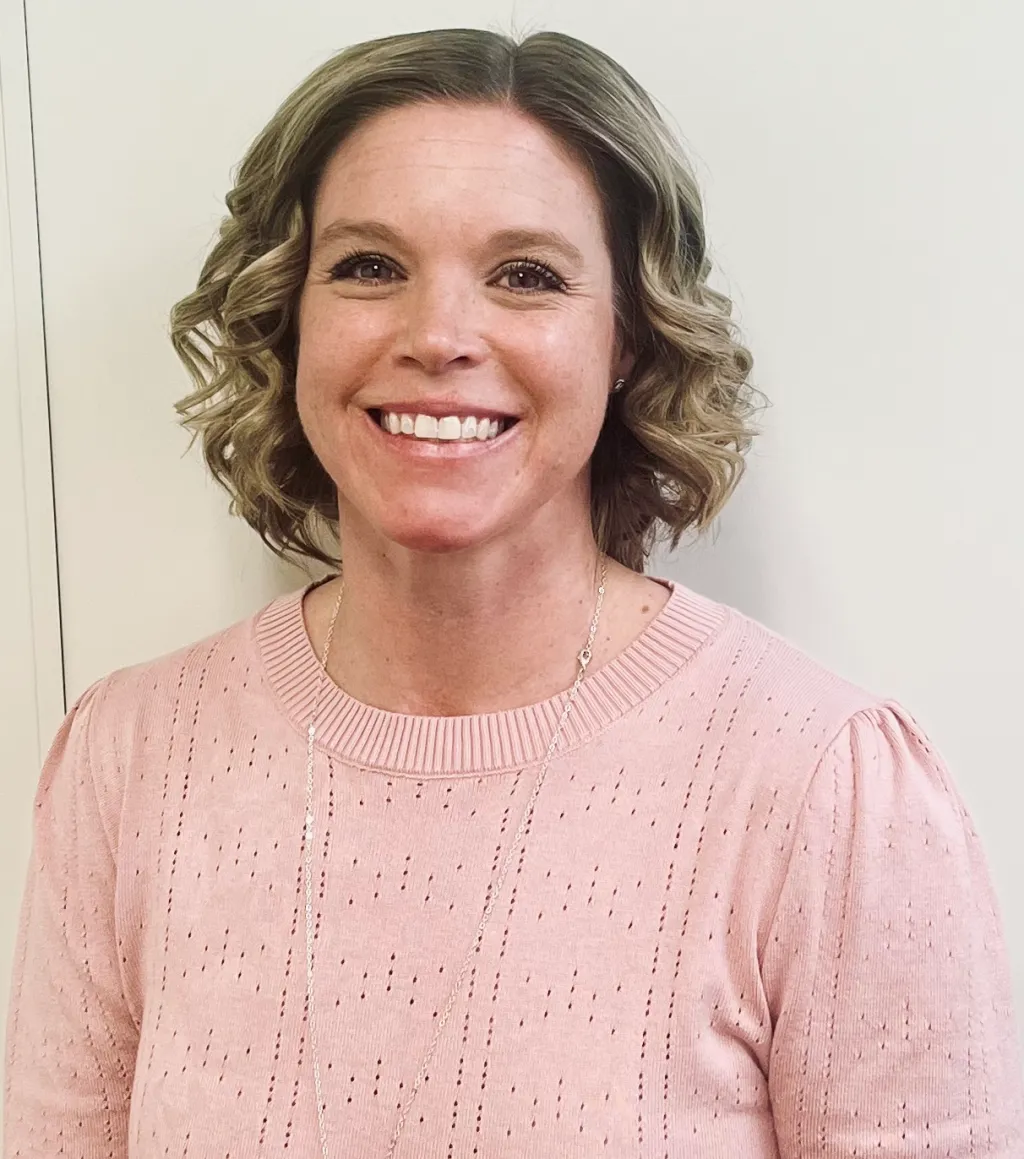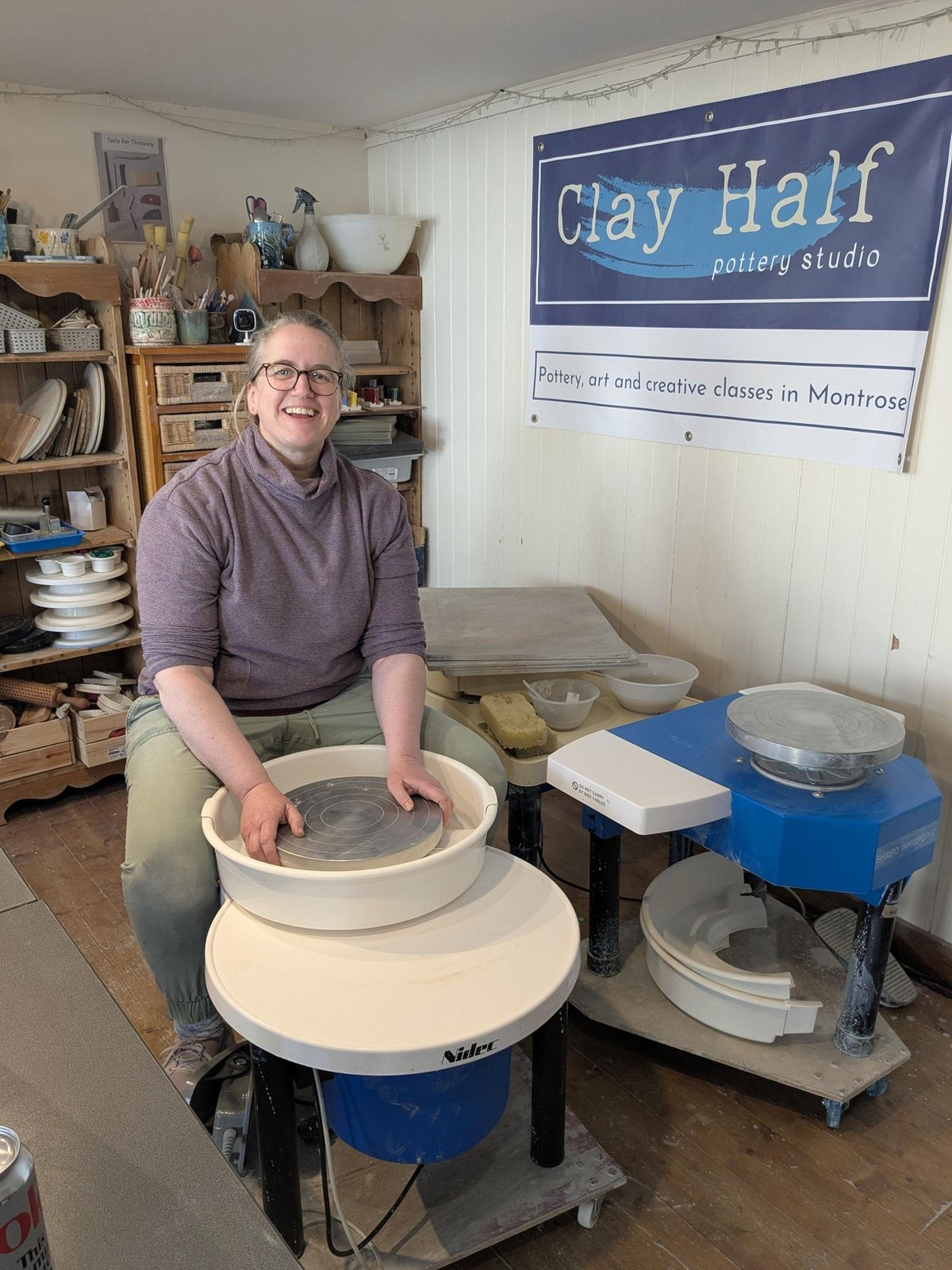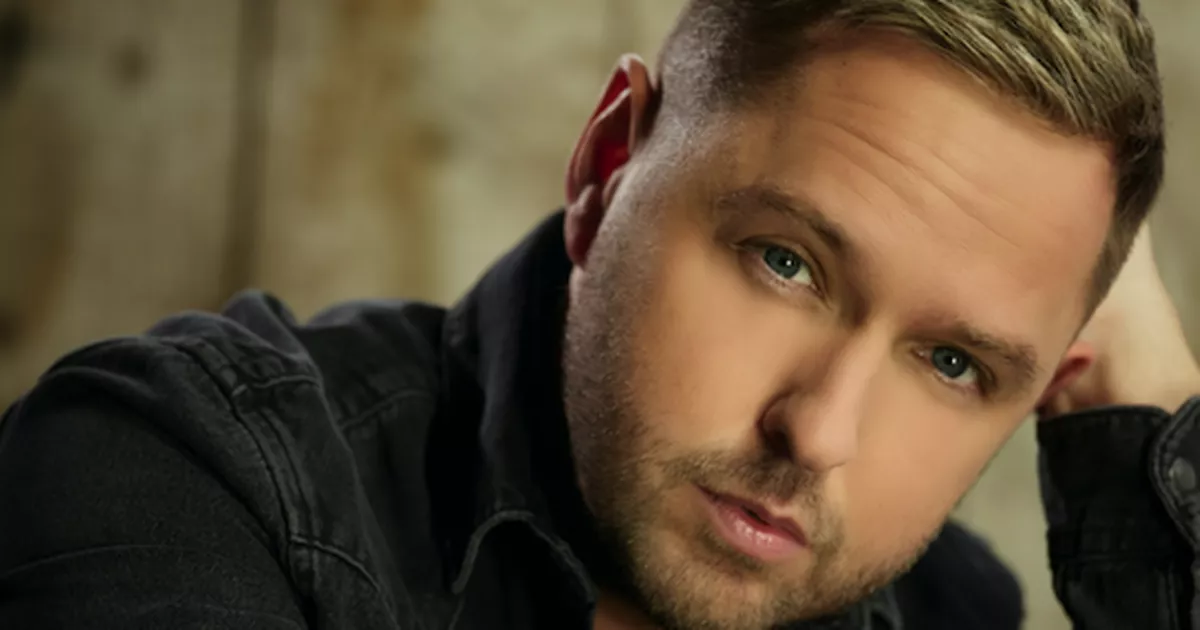By Oana Craioveanu,Oana Vasiliu
Copyright business-review
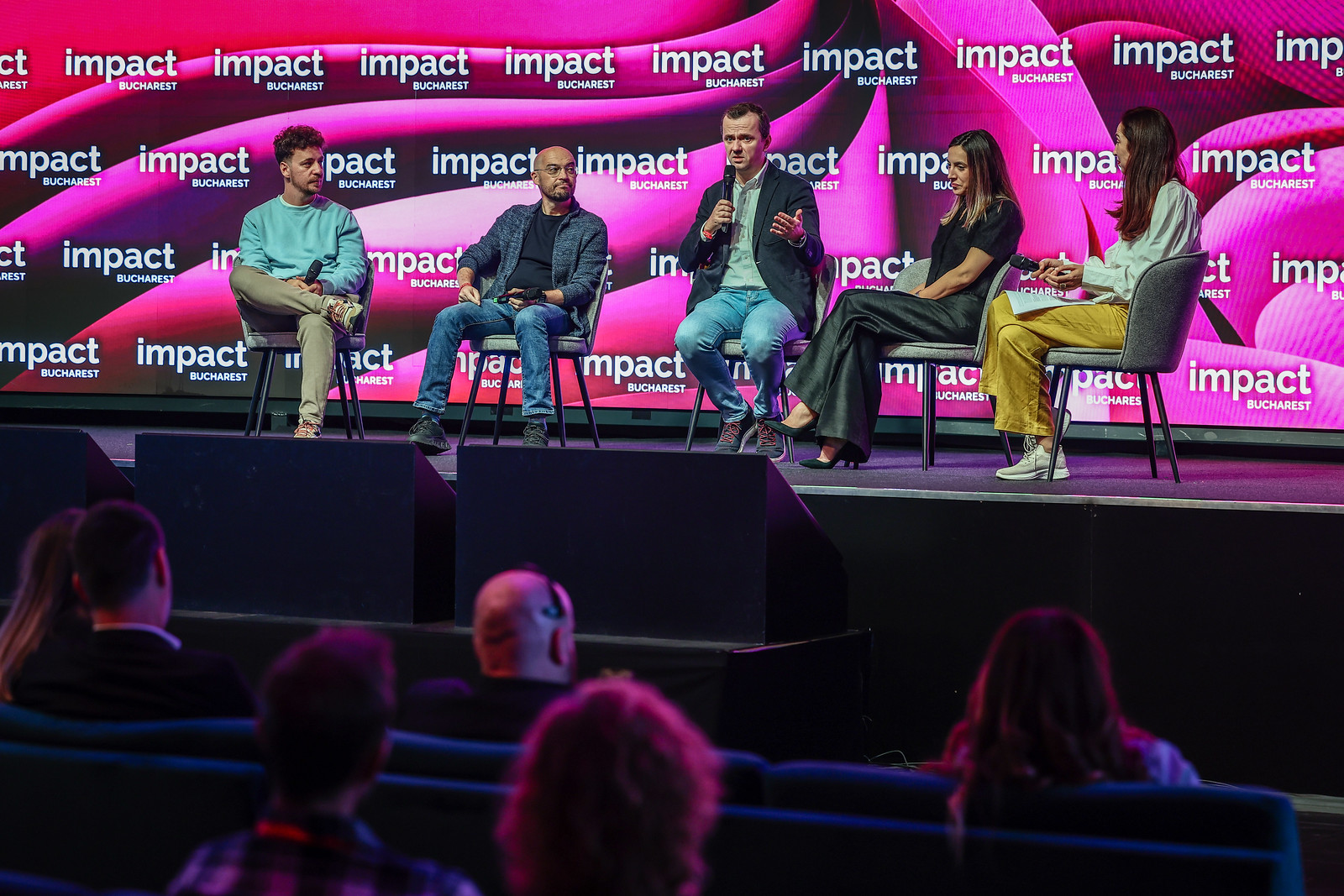
At Impact CEE, the panel “Startup States of Mind: Founders as Cultural Architects” explored how founders shape not just their companies but also the wider entrepreneurial ecosystem. Moderated by Oana Craioveanu (Impact Hub), the discussion brought together diverse voices: Andreea Bulisache (Stratified Advisory), Adrian Florea (SoNexy), Marius Istrate (TechAngels Romania), and Mihai Cepoi (Jobful).
The session revolved around one central theme: founders are not only innovators in technology and business models, but also cultural architects whose values ripple into teams, investors, and even society at large.
Culture as Europe’s strategic edge
Andreea Bulisache highlighted the unique interplay between regulation, culture, and agility in Europe. “Founders are often asked whether the most important factors are product, funding, or technology. But what really sets them apart is the ability to understand the ecosystem, build relevance, and nurture culture around themselves.”
She argued that European founders face more regulatory pressure than their Silicon Valley counterparts, but this can be an advantage. “AI is not just a tool for efficiency, but for agility. Heavy regulation forces European founders to ask the right questions, stay relevant, and use culture as a differentiator. Culture plays an even bigger role here than in the Valley.”
Founders and the backbone of culture
From a founder’s perspective, Mihai Cepoi stressed that culture cannot be outsourced to HR. “Culture is everywhere, it’s made of people, values, attitudes, and directions. There’s a Romanian saying: the fish starts stinking from the head. The founder’s behavior sets the tone for what is allowed, what is valued, and what is rejected.”
He described culture as a “backbone” that must be protected. “Sooner or later, partners, customers, or investors will try to flex your backbone. If you are not able to stick to your values, it will crumble. Founders have the responsibility to keep that backbone strong and model the way business can be done differently.”
The Investor’s role
Marius Istrate spoke from the perspective of an investor. “We are always in awe when we encounter a founder who, by the strength of their vision, bends reality around them. That is the founder we want to invest in.”
For Istrate, true unicorns are not about valuation but about intent. “A unicorn founder is someone intent on changing the world and shaping the company they want to build. Investors should fuel that change, not dictate it. The biggest mistake is when capital becomes ideological and tries to impose its own vision of the world.”
He stressed that investors should enable, challenge when necessary, cheer in hard times, but mostly, “get out of the way.”
Two cultures in one country
Adrian Florea provided a long-term perspective on culture in Romania. Drawing on decades of research, he explained: “Romania is unique because it has two overlapping cultures. At a national level, our culture is closer to Russia. But when you measure corporate culture, Romanian companies look more like Western Europe, the US, or Canada.”
He credited multinationals for driving this shift in the past 30 years but noted that in recent years, entrepreneurs have become the new engine of cultural change. “Romanian entrepreneurs are taking on this responsibility, whether they like it or not. They are proving that you can live and work with a different set of values and habits.”
Building blueprints for resilience
As the session closed, the panelists were asked what startups need to build growth and resilience.
For Cepoi, it comes down to agility: “Startups can pivot in a week, unlike large corporations. What’s needed is not to block them. If you don’t want to support, at least get out of the way.”
Florea urged founders to distinguish between personal habits and company culture. “Too often, founders simply replicate their own habits, which are not always the best for the company. Culture can be measured and built deliberately, it doesn’t have to mirror the founder’s flaws.”
Istrate added: “Culture should serve the customer, not the ego of founders or investors. Otherwise, it can become lethal for a company.”
Bulisache concluded with an analogy: “If vision is the sketch, values are the foundation, and investors provide the infrastructure, then resilience is the wall tested in crisis. Founders are the architects of that house, but they must never forget who they are building it for.”
Founders as cultural architects
The discussion showed that startups are more than products or technologies. Founders shape cultures that define their companies, influence investors, and even drive national change. In Central and Eastern Europe, where regulation is heavy and history complex, culture may be the most powerful differentiator founders can build.
